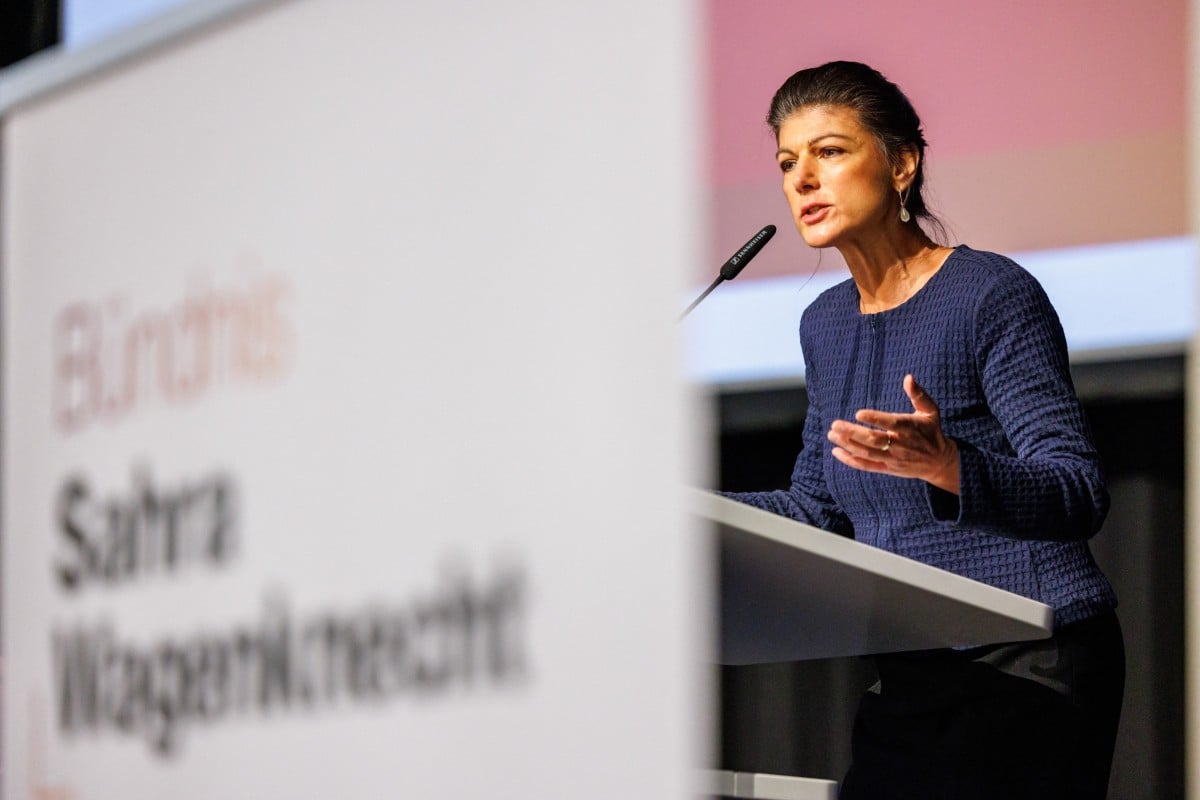Bärenstein/Vejprty (dpa) – At a meeting with his German counterpart Annalena Baerbock in the border town of Bärenstein/Vejprty, Czech Foreign Minister Jan Lipavský spoke on Friday of “unprecedented imperialist Russian aggression”. He said this was the greatest threat to security in Europe: “The Czech Republic will remain at Ukraine’s side until the last Russian tank has disappeared from the country.”
Baerbock said that an agreement had already been reached at the NATO summit in Vilnius to increase military support for the right to self-defence, and she added that Federal Chancellor Olaf Scholz had announced a package of another 700 million euros on this occasion. Together with partners, said Baerbock, an assessment was currently being undertaken of how to support Ukraine in view of another major challenge: the Russian army had mined an area in Ukraine the size of western Germany, making it impossible to liberate the people there.
“When it comes to choosing between an aggressor and a victim, not only Europe but most countries in the world are on the side of the victims,” said Baerbock. European cooperation in the supply of weapons was protecting human lives, she added. The Czech Republic had done a remarkable job, noted Baerbock, taking in more than 500,000 people from Ukraine and being the first to supply heavy weapons.
According to Baerbock, Eastern Europe is already playing a key role in the European context – Europe would otherwise not function as it was, she said. She cited the response to Russia’s aggression as evidence: it showed that Europe was stronger and more united than ever, she said. This unity was needed not only in European capitals, said Baerbock, but also in border regions – the real heart of Europe.
According to Baerbock, Germany is seeking to deepen strategic dialogue with the Czech Republic. She said that formats such as the Weimar Triangle – involving Germany, France and Poland – should be extended to include other Eastern European countries. In times such as these, closer cooperation was needed within the EU, she said.
Lipavský said he saw NATO and the EU as guarantors of peace in Europe, adding that he very much hoped the European perspective would be open to Ukraine and Moldova. Integration of the Western Balkan states into the EU was important too, he noted: this was not something that could happen overnight, he said, but the “open door policy” should be continued.




















Discussion about this post